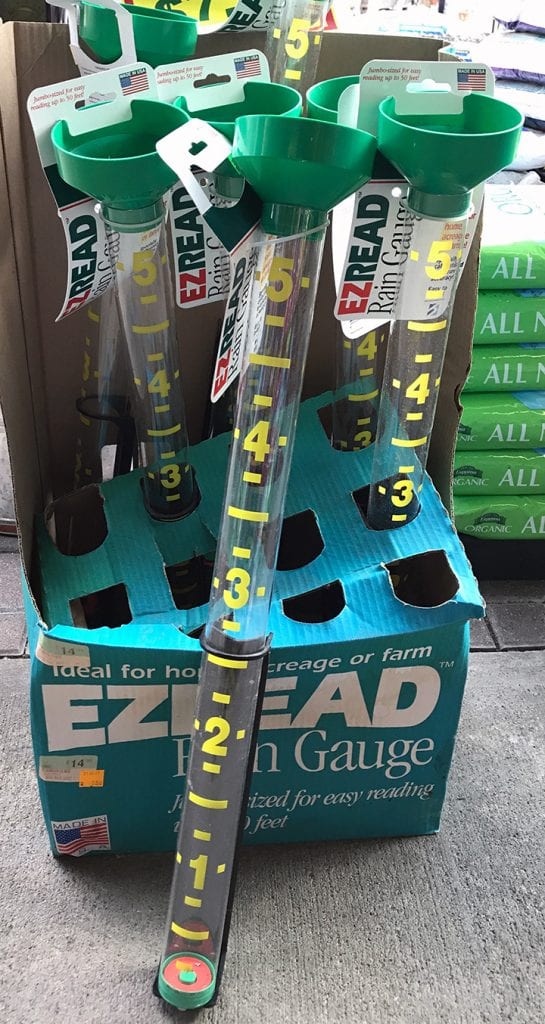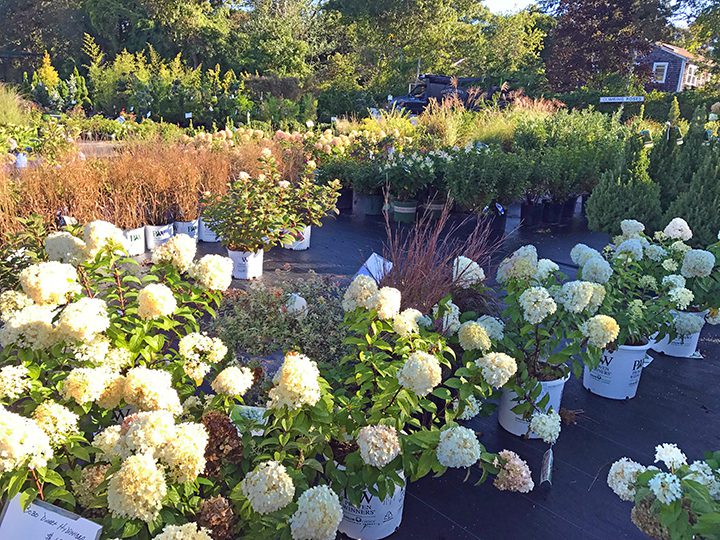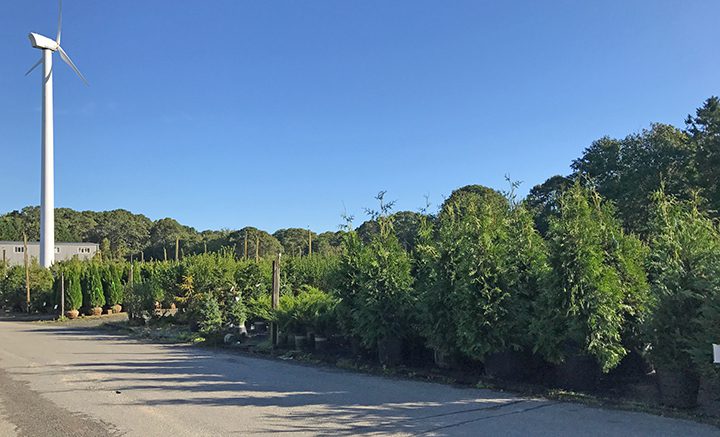How Late Can I Plant In The Fall?
How Late Can I Plant In The Fall?
From October through December we hear this question from our customers. In fact, we find that on Cape Cod there are many people who are planting in the fall. Some have recently purchased a home and want to get a jump on the landscaping. Others suddenly need a privacy screening or are now ready to make the changes they’ve been dreaming about all summer. So at Country Garden we are getting in fresh nursery stock in the fall so that our customers have a good selection of shrubs and trees to choose from.
If you’re planting in the fall, here are some tips for success:
- You can plant through December on Cape Cod, but please remember that if it doesn’t rain well once a week that new plant will need watering. This is especially true of plants that keep their foliage all winter. Get a rain gauge and if Mother Nature hasn’t delivered an inch of rain once a week, water your newly installed plants well. If possible, use a soaker hose or sprinkler so that the entire area, not just directly under the trunk, gets well soaked.
- After planting spread a two-inch thick layer of Coast of Maine Dark Bark Mulch all around the plant and just beyond the drip-line. This will absorb the heat of the sun and help keep the ground warmer, which will help stimulate root growth.
- Spray broadleaf evergreens such as rhododendrons and holly with Wilt-Pruf as directed on the label. This can help new plants conserve water through the winter.
- You can plant and transplant perennials all fall too but remember to water these as well. A two inch layer of mulch will help conserve water and will provide weed control the following year. Keep mulch about two inches away from the stems of perennials.
-

Country Garden is well stocked with fresh shrubs, trees and grasses in the fall so that those who want to do their landscaping will have a good selection.
-

Be sure to have a rain gauge so that you can accurately know how much rain fell. If Mother Nature has delivered an inch or more in a 24 hour period, your plants should be fine for another week. If not, supplement with irrigation.

Plants that lose their leaves in the winter, such as these Bobo Hydrangeas, need a bit less water than evergreens. Water deciduous plants weekly into November.

As long a the ground isn’t frozen, you can plant. But needless to say, you’ll have the best selection early in the fall.
Finally, if you’ve planted new evergreens in a windy location, you might want to use some stakes and burlap to create a wind-screen that will protect the new plants through their first winter.
6 Comments
Leave a Comment
Subscribe To Our Newsletter
Sign up for our weekly email about sales and events.

How late can I plant iris in zone 7A
The earlier in the fall the better. The truth is that you can plant things as long as the ground isn’t frozen, but the longer they have to establish roots when the soil is still warm, the more likely the plant is to live through the winter.
Hi C.L.—this is SORT of a question about fall-planting: what is a good green manure/cover crop to plant now in a veggie garden to improve the soil for next year’s planting? I have heard that Hairy vetch is TOO cold hardy and makes a cover crop that is difficult to till under in spring. Don’t know if this is necessarily true. Do you have a recommendation for cover crops of small grains, legumes, or a combination of both that works well for Cape Cod? Does Hyannis Country Garden supply this?
Thanks in advance for your expert advice!
Winter rye is a good cover crop for fall and winter – just be sure that you’re able to till it under early in the spring. If you don’t get to tilling it early in the season it grows so tall as to be difficult to manage without a plow. Green cover crops are something that is often better suited to farming not home gardens. As long as you’re adding organic material, it doesn’t matter if it’s a layer of chopped leaves or a winter cover crop.
Thank you so much, CL. I had also been afraid that I was “neglecting” the health of my veggie garden soil after I switched to a no-till system three years ago. You have reassured me that the layers of newspaper, compost, shredded leaves, etc., that I now use with a thick layer of chopped straw on top as mulch, will accomplish the same thing as a winter green-cover crop.
Good! Don’t forget to have a soil test done at UMass every three or four years.